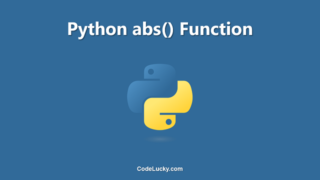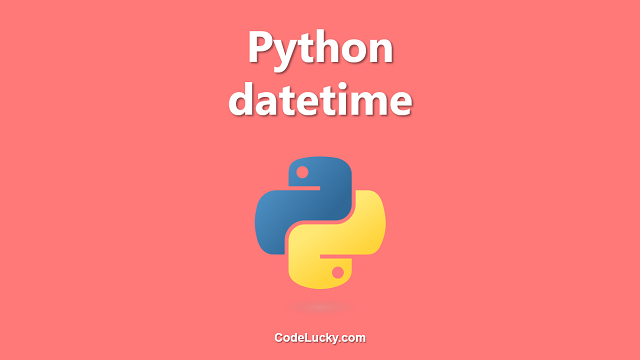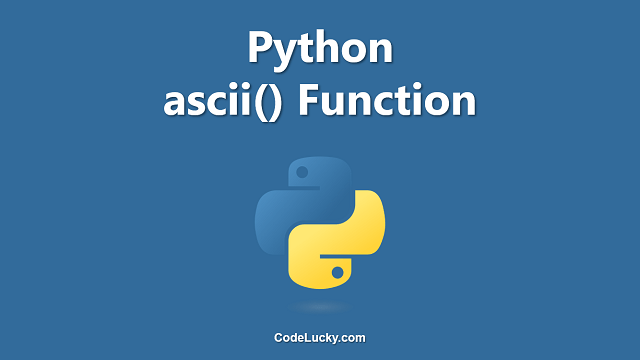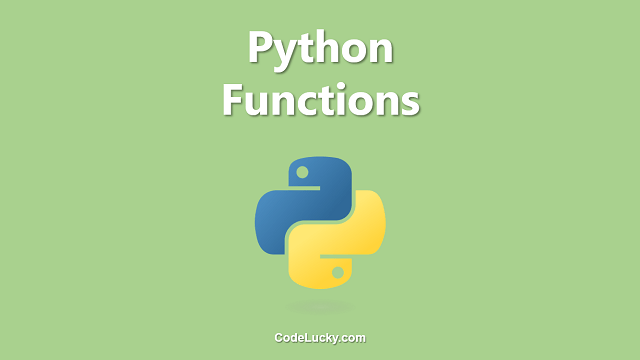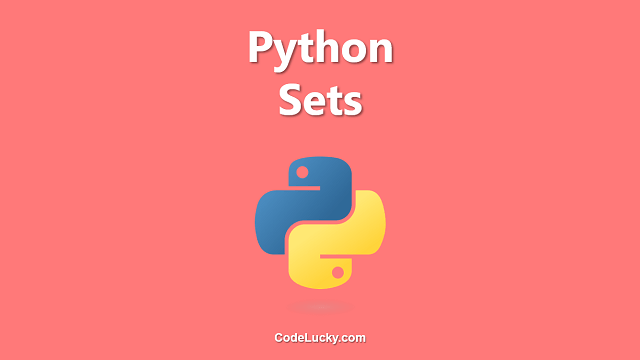In Python, there are many built-in functions that perform various tasks. These functions are important for programmers to know as they make programming more efficient and save time. In this article, we will take a closer look at these functions and other commonly used functions, discussing what they do and how they can be used in your code.
| Function | Description |
|---|---|
| abs() | Returns the absolute value of a number. |
| all() | Returns True if all elements of an iterable are True, otherwise returns False. |
| any() | Returns True if any elements of an iterable are True, otherwise returns False. |
| ascii() | Convert and Returns Python Object into a printable string representation by escaping non-ASCII characters. |
| bin() | Converts a number to a binary string. |
| bool() | Converts an object to a Boolean value (True or False). |
| bytearray() | Returns a bytearray object (a mutable sequence of bytes). |
| bytes() | Returns a bytes object (an immutable sequence of bytes). |
| callable() | Returns True if an object is callable, otherwise returns False. |
| chr() | Returns a string representation of a Unicode character. |
| classmethod() | Converts a function to a class method. |
| compile() | Compiles a source code into a code object that can be executed. |
| complex() | Returns a complex number with the specified real and imaginary parts. |
| delattr() | Deletes an attribute from an object. |
| dict() | Returns a new dictionary, optionally initialized with key-value pairs. |
| dir() | Returns a list of attributes and methods of an object. |
| divmod() | Returns the quotient and remainder of dividing two numbers. |
| enumerate() | Returns an enumerate object (an index-value pair), given an iterable. |
| eval() | Evaluates a string as a Python expression. |
| exec() | Executes a string as a Python code. |
| filter() | Returns an iterator that includes only elements from an iterable for which a specified function returns True. |
| float() | Converts an object to a floating-point number. |
| format() | Formats a string using specified format codes and values. |
| frozenset() | Returns a frozenset object (an immutable set). |
| getattr() | Returns the value of an object’s attribute, specified by a string name. |
| globals() | Returns a dictionary of the current global symbol table. |
| hasattr() | Returns True if an object has a specified attribute, otherwise returns False. |
| hash() | Returns a hash value of an object. |
| help() | Displays the help for an object. |
| hex() | Converts a number to a hexadecimal string. |
| id() | Returns a unique identifier for an object. |
| input() | Reads input from the user. |
| int() | Converts an object to an integer. |
| isinstance() | Returns True if an object is an instance of a specified class or of a subclass of that class. |
| issubclass() | Returns True if a specified class is a subclass of another class. |
| iter() | Returns an iterator object from an iterable. |
| len() | Returns the length of an object (the number of items in it). |
| list() | Converts an iterable to a list. |
| locals() | Returns a dictionary of the current local symbol table. |
| map() | Applies a function to each element of an iterable and returns an iterator. |
| max() | Returns the largest item in an iterable or the largest of two or more arguments. |
| memoryview() | Returns a memory view object that exposes the memory of an object’s contents. |
| min() | Returns the smallest item in an iterable or the smallest of two or more arguments. |
| next() | Retrieves the next item from an iterator. |
| object() | Return a new object of type object, i.e. the base class for all classes in Python. |
| oct() | Converts a number to an octal string. |
| open() | Opens a file and returns a file object. |
| ord() | Returns the Unicode code point of a single character. |
| pow() | Returns the value of x to the power of y (x^y). |
| print() | Prints objects to the console. |
| property() | Returns a property attribute. |
| range() | Generates a sequence of numbers, starting from 0 by default, and increments by 1 (by default), and stops before a specified number. |
| repr() | Returns a string representing a printable version of an object. |
| reversed() | Returns a reversed iterator. |
| round() | Rounds a floating-point number to a specified number of decimal places. |
| set() | Creates a set object, which is an unordered collection of unique elements. |
| setattr() | Sets the value of an object’s attribute. |
| slice() | Returns a slice object that can be used to extract parts of an iterable. |
| sorted() | Returns a sorted list from an iterable. |
| staticmethod() | Creates a static method from a function. |
| str() | Returns a string representation of an object. |
| sum() | Returns the sum of elements in an iterable. |
| super() | Returns a temporary object of the superclass, allowing you to call its methods. |
| tuple() | Converts an iterable to a tuple. |
| type() | Returns the type of an object. |
| vars() | Returns the __dict__ attribute of an object if it has one; otherwise, it returns a dictionary containing the object’s attributes and values. |
| zip() | Takes two or more iterables and aggregates their elements based on the indices, returning an iterator of tuples. The i-th tuple contains the i-th element from each of the argument sequences or iterables. |
In conclusion, built-in functions play a crucial role in Python programming. They help to perform common tasks and reduce the amount of code required to be written. Understanding these functions is essential for anyone who wants to be an effective Python programmer. Whether you are just starting out or have been coding for years, taking the time to familiarize yourself with these functions will help you write better code and increase your productivity.



